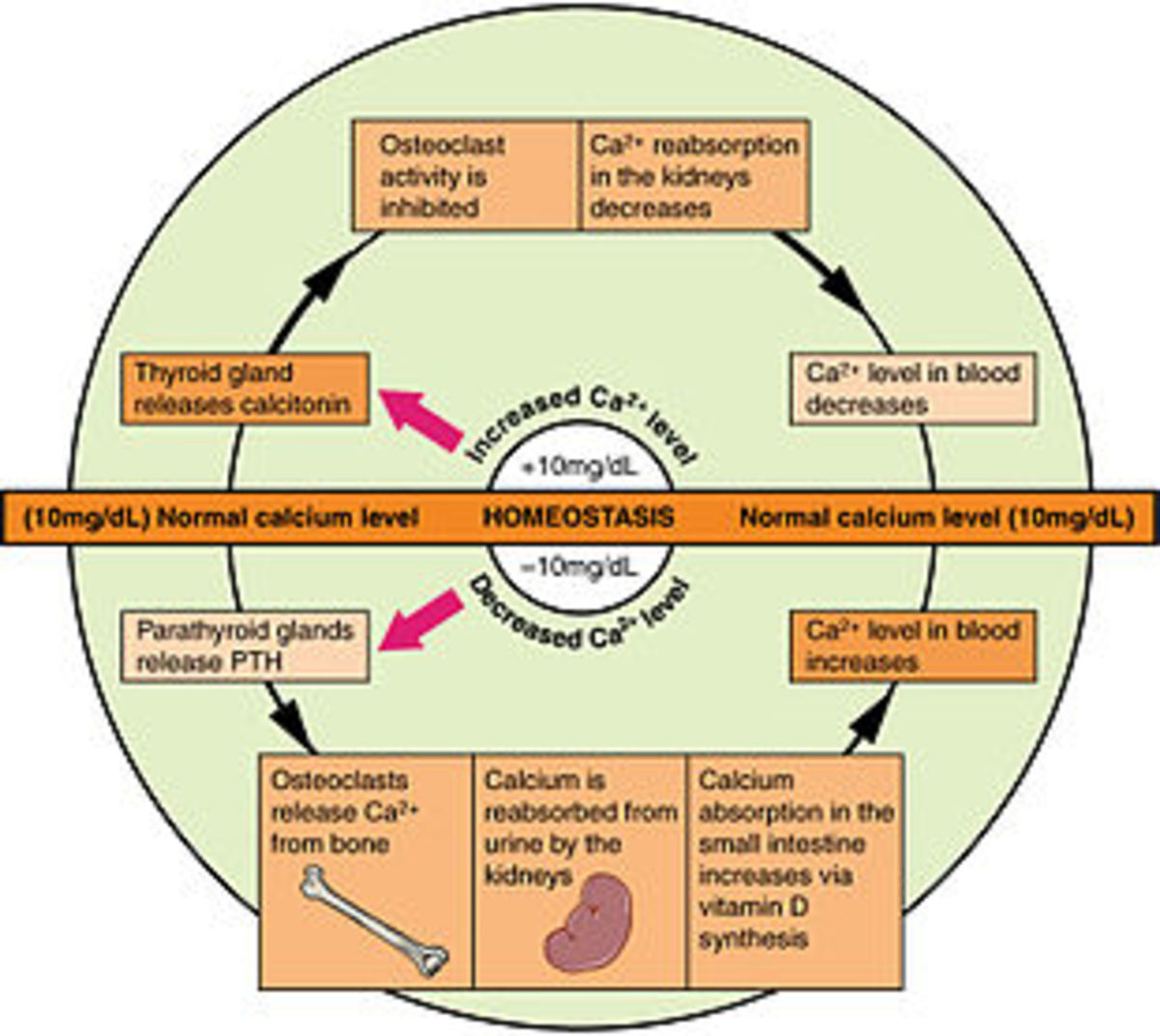What’s The Difference between Tylenol, Advil, Aleve, and Aspirin?
Have you ever found yourself in the medication aisle of a store wondering which product will best treat your symptoms? Although Tylenol, Advil, Aleve, and aspirin all treat pain and will reduce a fever, they all contain different medications. This means that the side effects are different for each medication, and some of them will treat additional symptoms besides the normal aches, pains and fever.
I am going to give you a general overview of how each medication differs; however, when purchasing any medication, it is important to read the labels and warnings for each product, as some of the products will be contraindicated with other types of medications and/or chronic illnesses.
Tylenol:
Tylenol is an analgesic (pain reliever) and a fever reducer that contains acetaminophen. Acetaminophen alleviates minor aches and pains associated with cold and flu symptoms, some headaches, some forms of arthritis, toothaches, and menstrual cramps. Although Tylenol products are aimed at curbing minor pain, it does not reduce inflammation that is often associated with muscle aches and pain. Tylenol products are not effective in treating migraine headaches.
Tylenol doesn’t need to be taken with food and is less likely to cause minor stomach irritations that some people suffer from with the other medications. It is also the least likely to interfere with other medications.
Is Tylenol Extra Strength (ES) really extra strength? Yes. Tylenol ES contains 500 mg of acetaminophen per pill, and the dosage is two pills every 4-6 hours. Regular strength Tylenol contains 325 mg of acetaminophen per pill, and the dosage is two pills every 4-6 hours.
Advil:
Advil is an NSAID (non-steroidal anti-inflammatory drug) containing 200 mg of ibuprofen per pill. Ibuprofen reduces fever, relieves the same minor aches and pains as Tylenol; however, it reduces inflammation, too. So, if you have swelling associated with the pain, Advil will help to reduce it. Advil may also be used to treat migraines. Though the ingredients are the same in Advil Migraine and the normal Advil, the difference is the pill. Advil Migraine contains 200 mg of solubilized ibuprofen; essentially, the medication is in a liquid form in the middle of the pill.
Because stomach upset is a common side effect with NSAIDs, Advil should be taken with food.
The normal dosage is 1-2 pills every 4-6 hours.
The ingredient in Advil, ibuprofen, is also available in prescription form when the aches and pains are more than just minor, like musculoskeletal injuries, chronic forms of arthritis, bursitis, etc. The prescription strength dose can be up to 800 mg of ibuprofen.
Aleve:
Aleve is another NSAID, but the ingredient is naproxen sodium 220 mg (200 mg of naproxen, 20 mg sodium). Again, it treats all of the aches and pains that Tylenol treats and reduces fever. Like Advil, it also treats inflammation. Aleve can be used for migraine headaches. The ingredient in Aleve, naproxen, is slightly harsher on the stomach than ibuprofen. It should be taken with food or milk.
The recommended dosage is 1 pill every 8-12 hours. Two pills can be taken as the first dose.
If ibuprofen doesn’t bother your stomach and only dulls an ache, you may want to try Aleve.
Aspirin:
Aspirin is a fever reducer and an analgesic. It is also an NSAID, used to treat inflammation. Names that are recognizable by the consumer are Bayer and Ecotrin.
Aspirin is not designed to be fast acting, so if immediate relief is needed, aspirin should not be used.
Aspirin comes in 81 mg (low dose) and 325 mg. The 81 mg dosage is often used to prevent heart attack and stroke because of its anti-clotting action. People suffering from blood-thinning disorders and/or who take Coumadin and other blood-thinning agents should not take aspirin.
The recommended dosage for 325 mg is 1-2 pills every 4-6 hours.
Because aspirin can irritate the stomach, it should be taken with food or milk. Aspirin does come in a protective coating option in order to aid in preventing stomach upset.
In a nutshell, Tylenol will not reduce swelling but is the least likely of all the medications to cause stomach irritation.
Advil and Aleve relieve everything Tylenol does but may also be used to treat migraines and reduce inflammation. Advil is harsher on the stomach than Tylenol, and Aleve is harsher than Advil.
Aspirin treats the same symptoms as Advil and Aleve, but it will not provide immediate relief; it is slightly harsh on the stomach and is a blood thinner.
© 2010 Jenifer L





